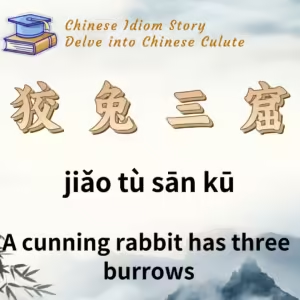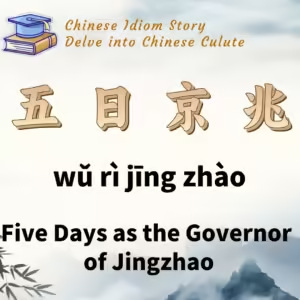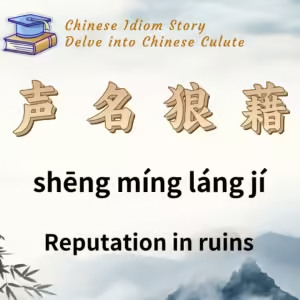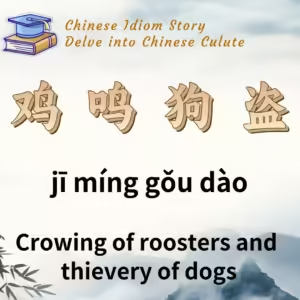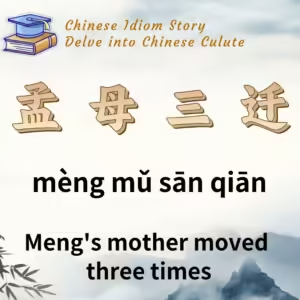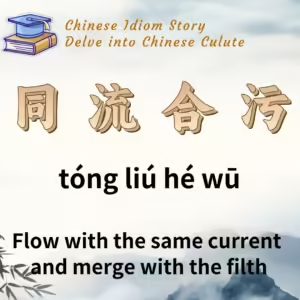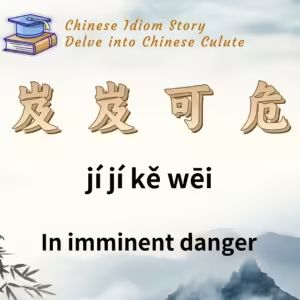
Chinese Idiom: 岌岌可危 (Ji Ji Ke Wei)
English Translation: In imminent danger
pīn yīn: jí jí kě wēi
Idiom Meaning: This idiom describes a situation that is extremely precarious or dangerous, where the possibility of disaster or failure is very high.
Historical Source: 《孟子·万章上》 (Mencius, Book of Wan Zhang), a classic text of Confucianism written by the philosopher Mencius during the Warring States period.
Idiom Story:
During the Warring States period, Xianqiu Meng, a student of Mencius, asked him about the idea that the highest moral person is beyond the reach of traditional social roles, citing the example of Shun. According to the legend, Shun was so virtuous that even the Emperor Yao and his father, who were inferior in rank, respected him.
Xianqiu Meng referred to the story where Confucius allegedly said that when someone of such high moral stature was in a position of power, it was like the world was in a state of imminent collapse—extremely dangerous and unstable.
Mencius countered this view by explaining that Confucius’s statement was not a reflection of actual political or moral philosophy but rather a reflection of the concerns of the time. He clarified that Yao had merely appointed Shun as his successor and that the respect shown by Yao and his father was not meant to imply a dual rulership but rather an orderly transition of power.
Mencius further explained that the concept of having two rulers or “two suns” in the sky was not realistic, hence the notion that the world was “in imminent danger” was metaphorical rather than literal.
The term “岌岌可危” (jí jí kě wēi) thus came to represent situations that are on the brink of disaster or extreme peril.

